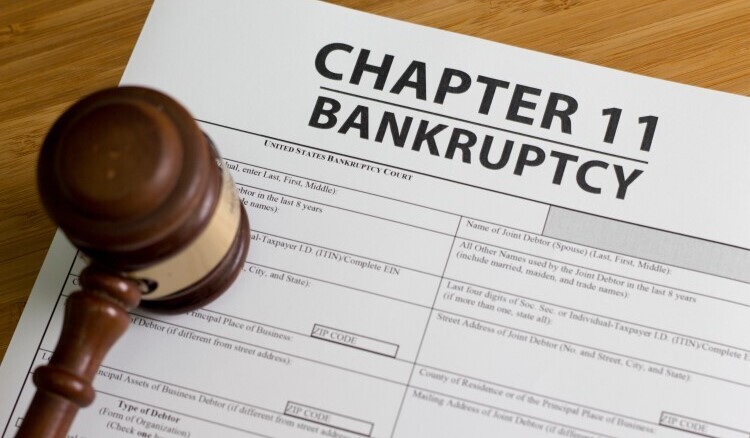
The Fifth Circuit was recently tasked with interpreting provisions of the Bankruptcy Code after an oil and gas company filed for bankruptcy prior to becoming solvent (i.e., able to pay their debts) again during the proceedings. Ultra Petroleum Corp. first proposed a plan to pay all of the outstanding principal, together with the accrued interest incurred prior to the proceedings; Ultra’s creditors sought recovery of the “Make-Whole Amount,” which was the present value of the interest payments Ultra would have made in the future.
Under 11 U.S.C 502(b)(2), creditors are barred from recovering “unmatured interest” from bankrupt debtors. Courts have held that the “economic equivalent of ‘unmatured interest”‘ is also barred. Here, the court considered the Make-Whole Amount to be just that since it was for future interest payments, making it unrecoverable unless there was a relevant exception. Under the solvent-debtor exception, a bankrupt debtor who becomes solvent should pay their contractual obligations regardless of bankruptcy rules. Here, Ultra became “massively solvent” after bankruptcy, so the court held they should pay the Make-Whole Amount despite the bar on “unmatured interest.”
Ultra unsuccessfully argued that the Make-Whole Amount was an unenforceable penalty because it was “grossly disproportionate to the probable loss” since it already had to pay post-petition interest (on the principal and the Make-Whole Amount), meaning their creditors would recover interest twice. The court held that these were separate harms with separate recoveries, making the Make-Whole Amount enforceable.
515 POST OAK BLVD. | SUITE 430 | HOUSTON, TX 77027 | 832-831-2289
524 E. LAMAR BLVD | SUITE 235 | ARLINGTON, TX 76011 | 682-318-3427
DISCLAIMER | PRIVACY POLICY | SITEMAP | COPYRIGHT © 2024
